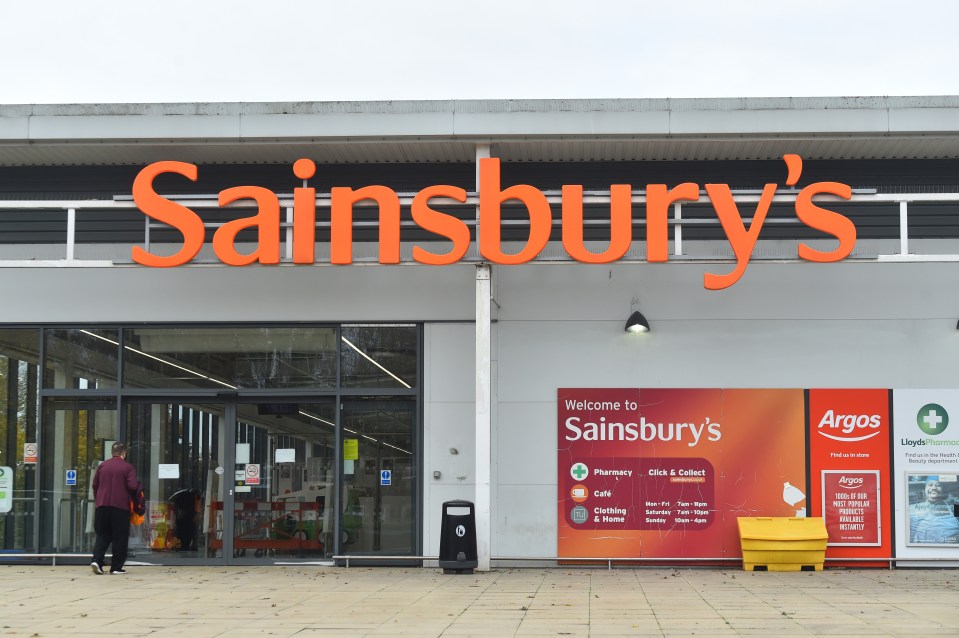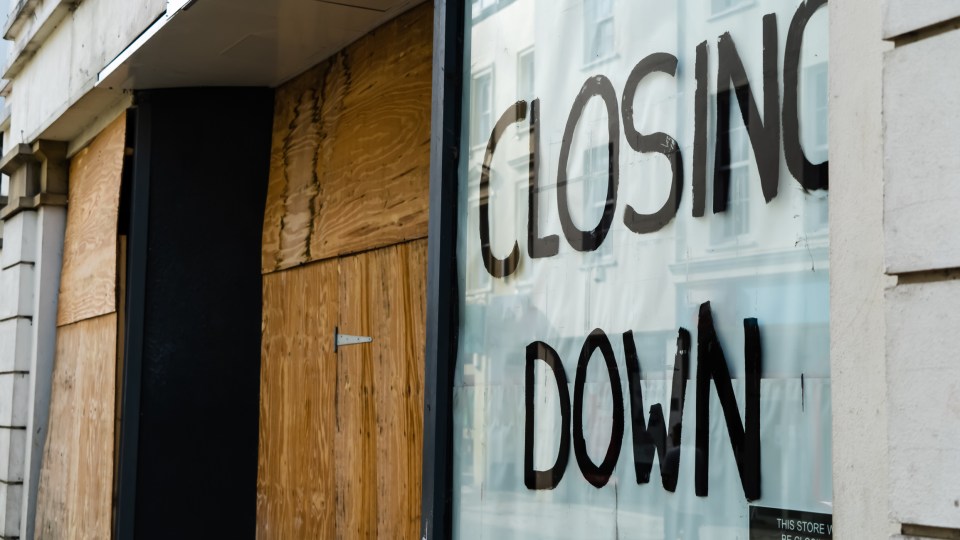A SUPERMARKET is closing a popular city centre superstore in just a few hours.
Sainsbury’s – which has 1,400 stores nationwide – is shutting the doors on its branch in Foss Bank, York, at 6pm today.
The grocery giant said it has decided to pull out of the location when its current lease expires – having first opened there more than 40 years ago in 1984.
The store will close permanently at 6pm.
It comes as its store in Stamford Hill, London, is set to close on February 1.
GUTTED
After the closure was initially announced in March last year, many locals took to Facebook to share their frustration at the news for many it came as a shock.
One shopper said: “Gutted, I use it every morning,”
Another said: “Awful news for staff and customers, we’ve been shopping there since it opened!”
“Such as shame,” said someone else.
A Sainsbury’s spokesperson said on Friday: “We would like to thank our loyal customers for their support throughout the store’s many years of serving the local community, and for all the kind messages we have received since this news was announced.
“We understand this will be an unsettling time for everyone this affects and have been committed to doing everything we can to support them – this has included offering opportunities for our colleagues to redeploy to alternative roles within Sainsbury’s.”
Foss Bank’s Groceries Online department has been transferred to the Monks Cross branch on Jockey Lane.
Sainsbury’s says it hopes to open new stores in York and is even asking customers to suggest possible sites.
In 2023 the retailer closed eight stores whilst confirming another 14 stores would close last spring.
Meanwhile, the retail giant confirmed Sainsbury’s Bank, which has over 1.9 million customers, would enter a phased winding down.
Why are retailers closing shops?
EMPTY shops have become an eyesore on many British high streets and are often symbolic of a town centre’s decline.
The Sun’s business editor Ashley Armstrong explains why so many retailers are shutting their doors.
In many cases, retailers are shutting stores because they are no longer the money-makers they once were because of the rise of online shopping.
Falling store sales and rising staff costs have made it even more expensive for shops to stay open. In some cases, retailers are shutting a store and reopening a new shop at the other end of a high street to reflect how a town has changed.
The problem is that when a big shop closes, footfall falls across the local high street, which puts more shops at risk of closing.
Retail parks are increasingly popular with shoppers, who want to be able to get easy, free parking at a time when local councils have hiked parking charges in towns.
Many retailers including Next and Marks & Spencer have been shutting stores on the high street and taking bigger stores in better-performing retail parks instead.
Boss Stuart Machin recently said that when it relocated a tired store in Chesterfield to a new big store in a retail park half a mile away, its sales in the area rose by 103 per cent.
In some cases, stores have been shut when a retailer goes bust, as in the case of Wilko, Debenhams Topshop, Dorothy Perkins and Paperchase to name a few.
What’s increasingly common is when a chain goes bust a rival retailer or private equity firm snaps up the intellectual property rights so they can own the brand and sell it online.
They may go on to open a handful of stores if there is customer demand, but there are rarely ever as many stores or in the same places.
What is happening to the high street?
Many retailers have been struggling to get by over the past few years.
The pandemic was a tough blow as many stores had to close during lockdown.
Since then energy costs have risen and more shoppers than ever are choosing to order online rather than head into stores.
This has left some retailers grappling with budgets and having no choice but to close stores to cut costs.
For the most part, supermarkets have braved the storm as they provide essential items like food and drink.
Asda opening 21 new stores last year and it builds plans to covert 470 stores it has acquired from Co-op.
Other retailers have not been so lucky, The Body Shop is currently going through administration and announced plans to close half of its 198 stores with seven already closing last week.
Boots revealed in 2024 it would be closing 300 stores over the next year as part of plans to evolve its brand.
WHSmith told The Sun it has no plans to open anymore more high street stores as it wants to focus on the travel side of its business.
Major banks have also announced multiple branch closures, including Barclays pulling the shutters down on 14 sites in England, three in Wales and three in Scotland.
Even charity shops are struggling, with Oxfam confirming it would close eight of its UK stores in 2023.

